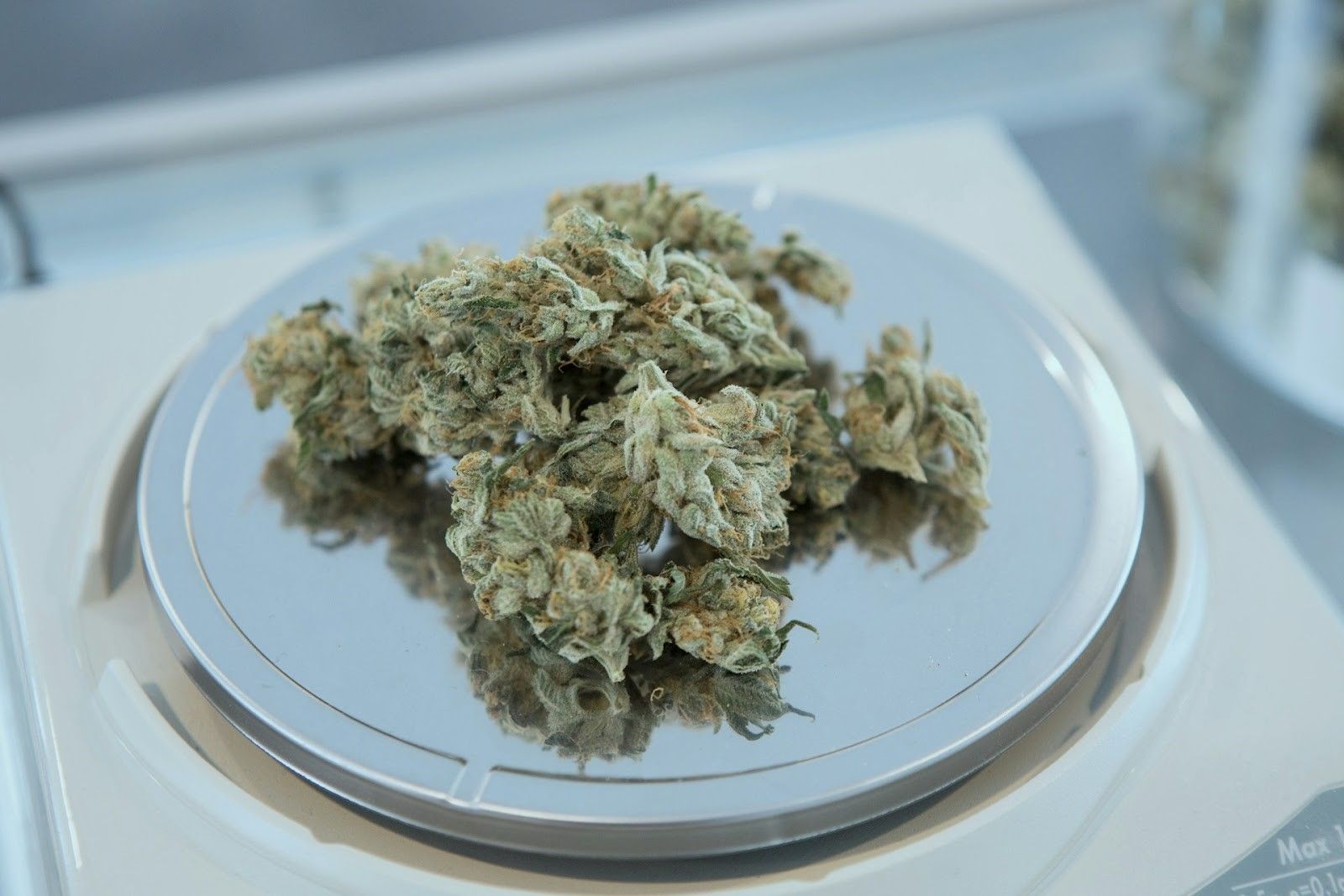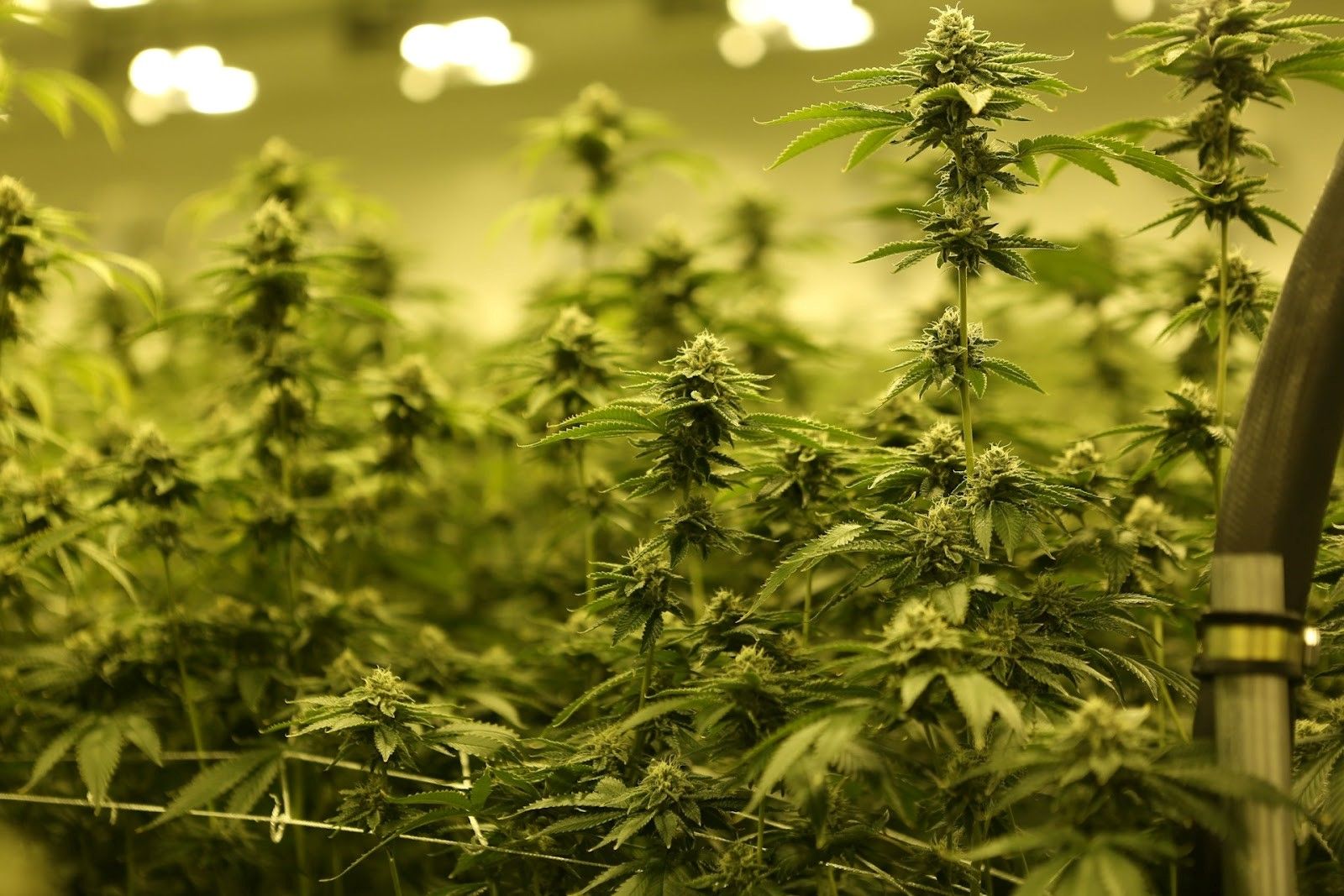Summary
Ontario's cannabis regulations establish clear guidelines for legal possession, consumption, and purchasing of cannabis products for adults 19 and older. These provincial rules limit public possession to 30 grams of dried cannabis (or equivalent), restrict consumption primarily to private residences, and require purchases from government-authorized retailers to ensure consumer safety and product quality.
This comprehensive guide to Ontario's cannabis regulations provides essential information for both new and experienced cannabis consumers navigating the province's legal framework. Understanding these regulations is crucial for avoiding potential fines and legal complications while ensuring your cannabis experience remains safe, enjoyable, and within provincial guidelines.
Throughout this article, you'll discover valuable details about possession limits across different product types, specific locations where consumption is permitted or prohibited, and how to identify legitimate cannabis retailers. This practical knowledge empowers you to make informed decisions about purchasing, possessing, and consuming cannabis products while maintaining full compliance with Ontario's regulatory requirements.
Cannabis Possession Limits in Ontario
In Ontario, adults aged 19 and older can legally possess up to 30 grams (about one ounce) of dried cannabis in public at any time. This provincial regulation aligns with federal guidelines established under the Cannabis Act, ensuring consistent possession standards across Canada while allowing for safe, responsible use among legal consumers. Additionally, weed delivery in Ontario is available through licensed retailers, providing a convenient and legal way to purchase cannabis.
Understanding Possession Equivalents
The 30-gram limit applies specifically to dried cannabis, but regulations recognize that cannabis comes in various forms. Different cannabis products have equivalent possession limits based on their concentration and potency:
-
Dried cannabis: 30 grams
-
Cannabis oil: 70 grams (approximately 70 ml)
-
Fresh cannabis: 150 grams
-
Cannabis edibles: 450 grams (total weight of product, not just the cannabis content)
-
Cannabis concentrates: 7.5 grams
-
Cannabis seeds: 30 seeds
-
Cannabis plants: 4 plants per household (not per person)
-
Cannabis plant seeds: Maximum of 4 plants
Remember that these limits apply to the total combined amount you're carrying. For instance, if you have 15 grams of dried cannabis and 35 grams of cannabis oil, you've reached your legal public possession limit.
Medical vs. Recreational Possession Limits
The possession limits for medical cannabis patients differ significantly from those for recreational users. Patients with valid medical documentation can possess up to:
-
The lesser of 150 grams of dried cannabis or a 30-day supply as prescribed by their healthcare provider
-
Whatever amount is specified on their medical document
Medical users must carry proper documentation with them when possessing cannabis above the recreational limits. This documentation includes their medical authorization and, if applicable, their registration certificate from Health Canada or a licensed producer.
For recreational users, exceeding the 30-gram public possession limit can result in serious legal consequences, including fines ranging from $200 to $100,000 and potential imprisonment depending on the circumstances and quantity involved.
Cannabis Consumption Regulations in Ontario
In Ontario, cannabis consumption follows strict location-based regulations designed to balance personal freedom with public health concerns. Legal consumption is primarily limited to private residences and select designated areas, with significant restrictions in public spaces and workplaces. Understanding where you can and cannot consume cannabis helps avoid potential fines ranging from $250 to $5,000 and ensures respectful, compliant usage.

Where You Can Legally Consume Cannabis
Ontario's cannabis regulations allow for consumption in specific locations where the impact on non-users is minimized. Private property forms the cornerstone of legal consumption spaces, providing consumers with controlled environments for responsible use:
-
Private residences: You can consume cannabis in your owned or rented home, including houses, apartments, and condominiums (unless your lease or condo board specifically prohibits it)
-
Private outdoor spaces: This includes your backyard, porch, or balcony
-
Many outdoor public places: Such as sidewalks and parks where smoking tobacco is permitted
-
Designated guest rooms in hotels, motels, and inns that specifically allow smoking
-
Residential vehicles and boats that have permanent sleeping accommodations and cooking facilities when parked or anchored
-
Scientific research and testing facilities when used for research purposes
-
Controlled consumption areas at certain events or venues that have received proper permitting
Always remember that property owners and landlords have the right to establish their own rules regarding cannabis use, which can be more restrictive than provincial regulations. Many rental agreements and condominium bylaws now explicitly address cannabis consumption, so review your agreements carefully.
Where Cannabis Consumption is Prohibited
Ontario law establishes numerous locations where cannabis consumption is strictly forbidden to protect public health, limit exposure to minors, and prevent impaired driving. Consumption restrictions apply uniformly to all methods, including smoking, vaping, and in many cases, even edible consumption.
Enclosed public places are entirely off-limits for cannabis use, including shopping malls, retail stores, restaurants, bars, and movie theaters. Similarly, consumption is prohibited in common areas of multi-unit dwellings such as apartment hallways, elevators, parking garages, and lobbies. All government buildings, healthcare facilities (hospitals, clinics, long-term care homes), and educational institutions maintain strict no-cannabis policies throughout their premises.
Areas where children frequently gather are particularly protected under these regulations. This includes school properties, playgrounds, daycare centers, community centers, and public recreational facilities. Ontario law specifically establishes a 20-meter buffer zone around children's play areas and sports fields where cannabis consumption is prohibited, ensuring that young people are not exposed to second-hand smoke or normalized cannabis use.
Vehicle-related restrictions form another critical component of these regulations. Cannabis cannot be consumed while operating or riding in any vehicle or boat, even when parked, unless the vehicle qualifies as a residence with permanent sleeping and cooking facilities. Public transit vehicles, stations, and stops are similarly designated as no-consumption zones.
Here are the five key categories where cannabis consumption is always prohibited:
-
Public enclosed spaces including retail establishments, restaurants, bars, and entertainment venues
-
Educational facilities and areas where children gather including schools, playgrounds, and recreational facilities
-
Healthcare and medical facilities of all types including hospitals, clinics, and treatment centers
-
Vehicles and transportation including all cars, boats, and public transit that don't qualify as residences
-
Workplaces including both indoor office spaces and company vehicles, regardless of business type
Violations of these consumption restrictions can result in immediate ticketing with fines starting at $250 for first offenses and escalating significantly for repeat violations, potentially reaching up to $5,000 for multiple offenses.
Legal Cannabis Retailers in Ontario
In Ontario, purchasing cannabis from legal, licensed retailers is essential for ensuring product safety and quality while supporting regulated businesses. Licensed cannabis dispensaries in Ontario operate under strict provincial oversight through the Alcohol and Gaming Commission of Ontario (AGCO), which verifies business practices, product sourcing, and age verification protocols.
Legal retailers can be identified by several key indicators that consumers should verify before making purchases. All legitimate dispensaries display a provincial authorization certificate with a unique license number that can be verified through the AGCO website. These retailers exclusively sell products sourced from licensed producers, ensuring consistent quality standards and safety testing. Legal dispensaries also maintain robust age verification processes, checking ID for anyone who appears under 25 years old.
Choosing legal retailers matters significantly for consumer protection. Regulated cannabis undergoes mandatory laboratory testing for potency, pesticides, heavy metals, and harmful microorganisms, whereas unregulated products lack these safety guarantees. Additionally, staff at licensed dispensaries receive mandatory training on responsible consumption, product information, and provincial regulations, enabling them to provide reliable guidance to consumers navigating the diverse cannabis market in Ontario.

Navigating Cannabis Regulations with Confidence
At Leafythings, we understand that navigating Ontario's complex cannabis regulations can be overwhelming for both new and experienced consumers. Our comprehensive platform simplifies the cannabis journey by connecting you with verified, legal retailers that operate within provincial guidelines.
We've built Leafythings to be more than just a directory—it's your trusted companion in the evolving cannabis landscape. Our detailed reviews, educational content, and user-friendly interface make it easy to discover reputable dispensaries and delivery services that prioritize compliance and consumer safety.
By providing transparent information about local cannabis options, we empower you to enjoy cannabis products responsibly while staying within legal boundaries.
/fit-in/1024x1024/storage/images/c307e215-a475.jpg)
/fit-in/1024x1024/storage/images/a04be833-726e.jpg)
/fit-in/1024x1024/storage/images/2cb164ff-0769.jpg)
/fit-in/1024x1024/storage/images/71ffcdd8-dbe0.jpg)
/fit-in/1024x1024/storage/images/c25ad511-dbf6.jpg)
/fit-in/1024x1024/storage/images/550334f2-4665.jpg)
/fit-in/1024x1024/storage/images/d2387bdf-a8c0.jpg)
/fit-in/1024x1024/storage/images/1f0bf2e0-9051.jpg)
/fit-in/1024x1024/storage/images/b6ca0d29-338c.jpg)
/fit-in/1024x1024/storage/images/508e2627-7595.jpg)
/fit-in/1024x1024/storage/images/9f9c8270-4d59.jpg)